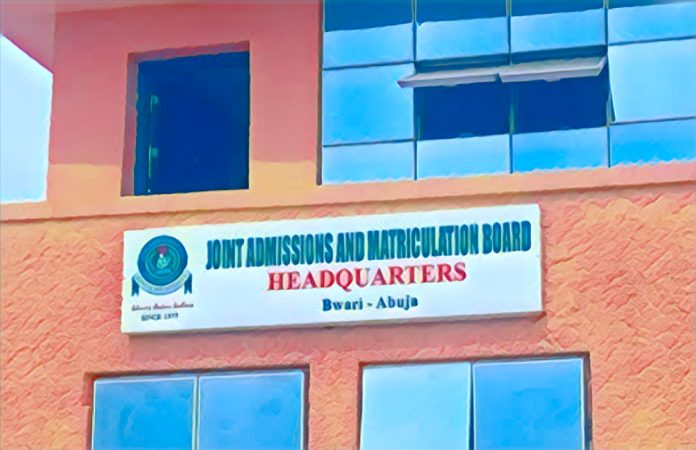Key Points
-
JAMB says the UTME glitch was technical, not ethnic.
-
Igbo officials led teams in affected South-east centres.
-
Over 379,000 candidates across two zones were impacted.
The Joint Admissions and Matriculation Board (JAMB) has denied accusations that a recent technical glitch in the 2025 Unified Tertiary Matriculation Examination (UTME) was a deliberate attempt to sabotage Igbo candidates.
The board admitted that 379,997 results were affected across 157 Computer-Based Testing (CBT) centers in Lagos and the South-east, but a JAMB insider told PREMIUM TIMES that the claims of bias were “nonsensical” and divisive.
The official, who spoke on condition of anonymity, emphasized that many of those involved in processing the results, including the head of the IT firm responsible for the error, are of Igbo descent.
Names such as Jeffrey Onochi (Delta State), Stanley Agu (Imo), and John Chima Iheonu (Abia) were mentioned to reinforce the claim of internal diversity.
JAMB supervisors in affected zones, Uche Ohielo and Collins Ojiere, and the director of the Owerri office, Gloria Anyaegbu, also hail from the South-east.
The insider stressed that professionals within JAMB operate beyond tribal or political sentiments.
JAMB explains what caused the UTME 2025 glitch
JAMB Registrar Is-haq Oloyede disclosed that the glitch was discovered after a review prompted by complaints from candidates.
The technical issue, according to JAMB, affected 65 centres in Lagos and 92 in the South-east, prompting the rescheduling of the UTME for the affected candidates.
Of the 1.9 million candidates who sat for the 2025 UTME, about 380,000 were impacted by the glitch. JAMB said the affected zones were Lagos (comprising Lagos State) and Owerri (covering Anambra, Imo, Abia, Ebonyi, and Enugu states).
The board said the situation was purely technical and had nothing to do with candidate ethnicity.
Public reaction fuels JAMB UTME glitch controversy
Despite JAMB’s explanation, backlash continues to grow on social media and among civil society groups.
The Ohanaeze Youth Council accused JAMB of orchestrating mass failure for South-east and Igbo students in Lagos.
Similarly, ASUU’s chairperson at the University of Nigeria, Nsukka, Oyibo Eze, alleged systemic targeting of Igbo students.
Activists and social media influencers echoed similar sentiments, claiming the glitch was deliberate. One user even referred to it as a “terrorist attack” against the Igbo community.
But JAMB reiterated that the accusations are baseless and only promote division. “It was a technical issue, not an ethnic one,” said the official.



